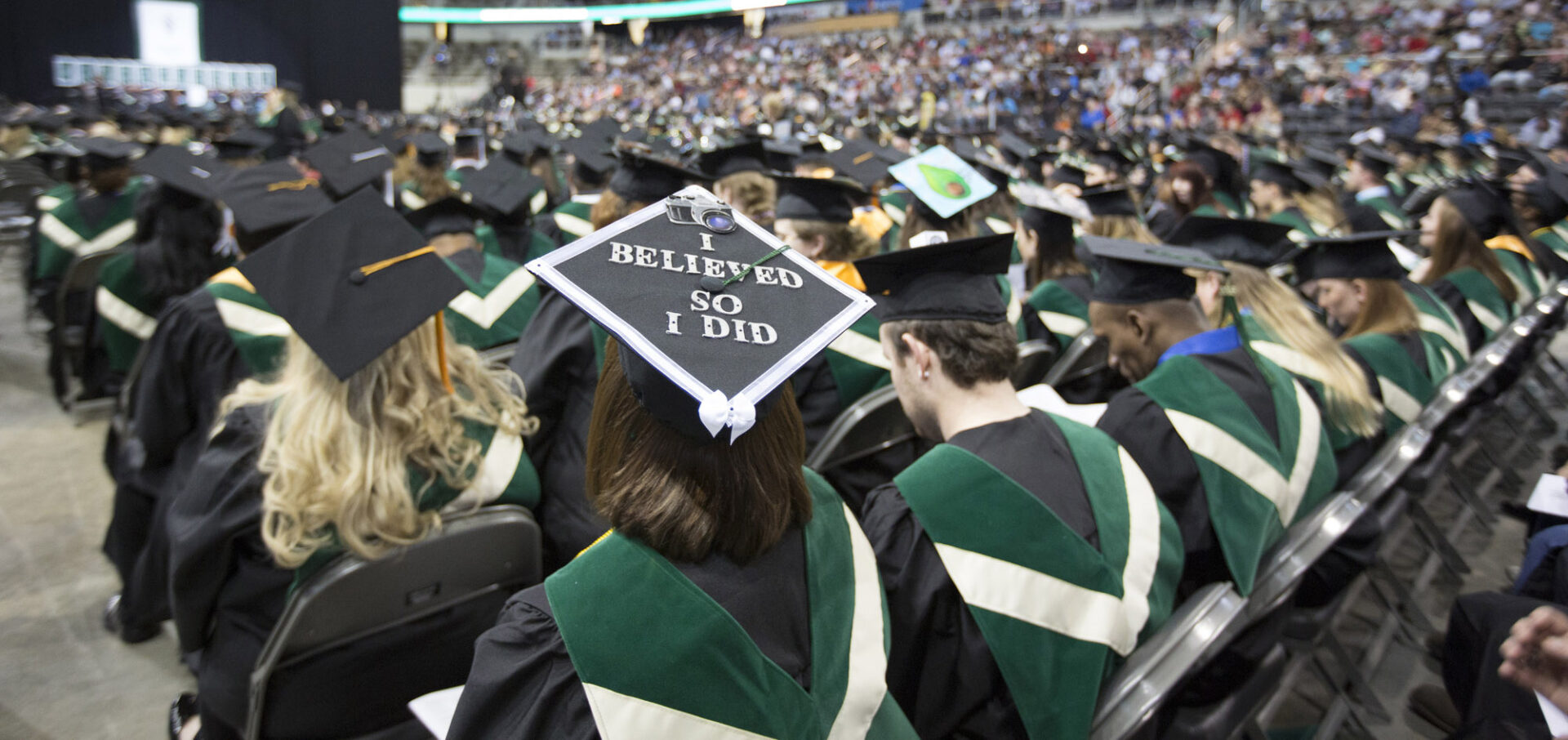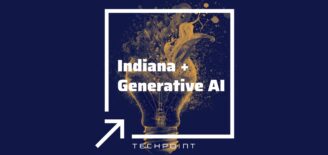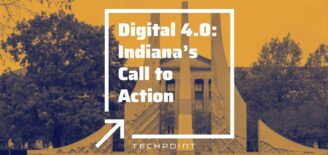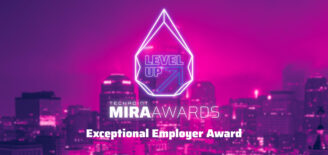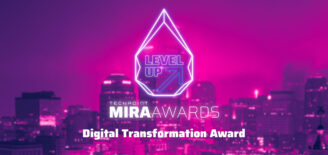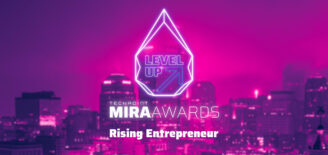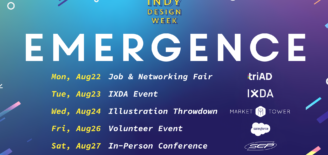Demand for online education is spiking. How Indiana is responding (Part V)
Editor’s Note: This series began before the COVID-19 pandemic. Response to the pandemic will have a significant impact on the number of students taking online courses and how schools are using technology to make coursework available. Indiana institutions like Ivy Tech Community College are well positioned to adapt to this new normal. The school has actually offered online classes as an option for students since 1998.
More than 6.6 million postsecondary students in the U.S. were seeking their degrees at least partly online in 2017. Inside Higher Ed, relying on the U.S. Department of Education’s National Center for Education data, reported in late 2018 that the number of students from fall 2016 to fall 2017, who took at least some of their courses online, grew by 5.7 percent compared to a dip of nearly half a percentage point for traditional classwork. The proportion of students enrolled exclusively online grew by 14.7 percent. Those mixing it up with both classroom and online instruction grew by 17.6 percent. More than 33 percent of students reported taking at least one course online.
For more than a century, community colleges have offered Americans a way to enter the higher education community that, for many, is more affordable and accessible than a four-year institution. Ivy Tech was established as the Indiana Vocational Technical College in 1963. A lot has happened in the 5-plus decades since, including new branding and an expansion of mission making Ivy Tech the state’s community college.
From their 18 campuses and over 40 satellite locations across the state, and a total student body of 75,700 students, Ivy Tech is the largest public postsecondary institution in Indiana, and the largest single accredited statewide community college system in the U.S.
The schools has eight areas of focus: Business, Supply Chain & Logistics, Public Affairs & Social Services, Information Technology, Arts, Sciences & Education, Health Sciences, Nursing, Advanced Manufacturing, Engineering & Applied Science. They offer more than 100 transfer programs with in-state and out-of-state schools while also offering hands-on experience with some of the state’s most advanced technologies and training facilities.
In what must be music to the ears of economic development officials, more than 97% of their graduates stay in Indiana.
Ivy Tech has offered online classes since August, 1998. What at the time was a new idea, came from an interest in the future of online technology and a belief that Ivy Tech could better serve adult learners with it, explained Kara Monroe, Provost and SVP for Student and Academic Success at Ivy Tech.
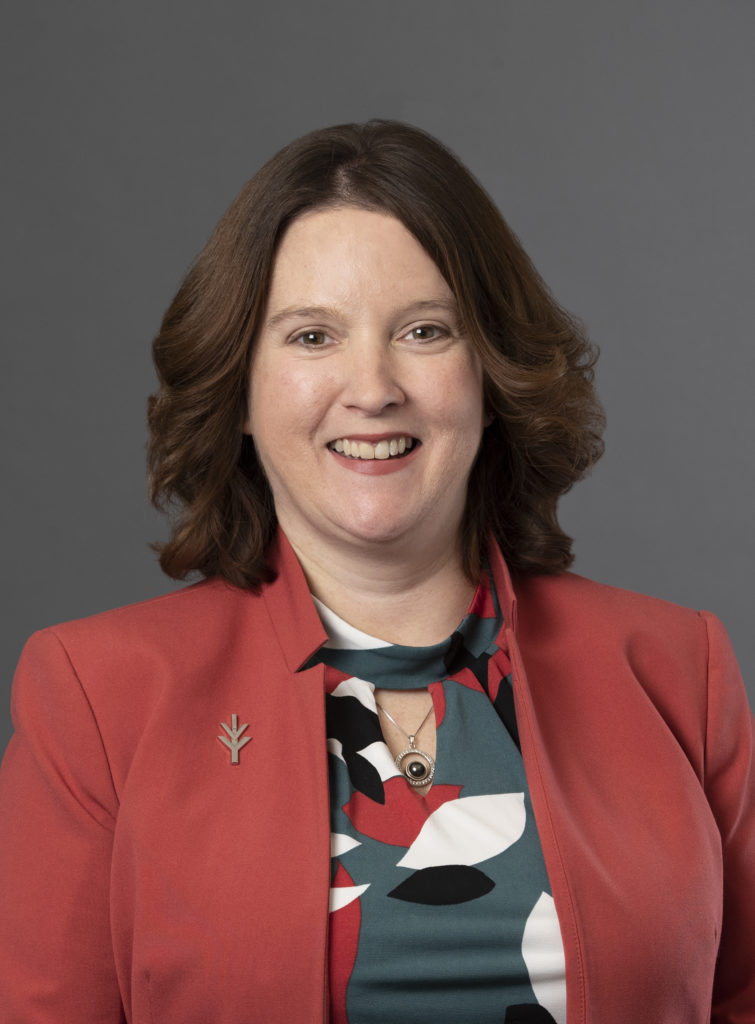
The college now offers more than 500 classes online to its students, 40 percent of which are part-timers.
That demographic split, as well as current trends, combine to give Kara reason to believe there’s a need for the higher education sector to shift even more from it’s tradition of campus-based, classroom attendance required teaching.
“From a business model perspective, many higher education institutions need to welcome more adult learners since, at least in the Midwest, the number of traditional age students is not increasing,” she said. “Adult learners, in particular, need higher education to serve their needs. This includes offering new learning modalities that use technology”
Chief among those needs is flexibility as adult learners are often juggling jobs, families and/or caring for their parents.
Many of our students tell us they could not complete their education without the flexibility that online education provides,” Kara said.
Those needs are different than what’s still defined as the “traditional” student, who are entering higher education out of high school or are within a few years of it.
“As more adults return, I think as educators we have a responsibility to meet their needs and make online and distance learning adapt to what they need,” Kara says.

